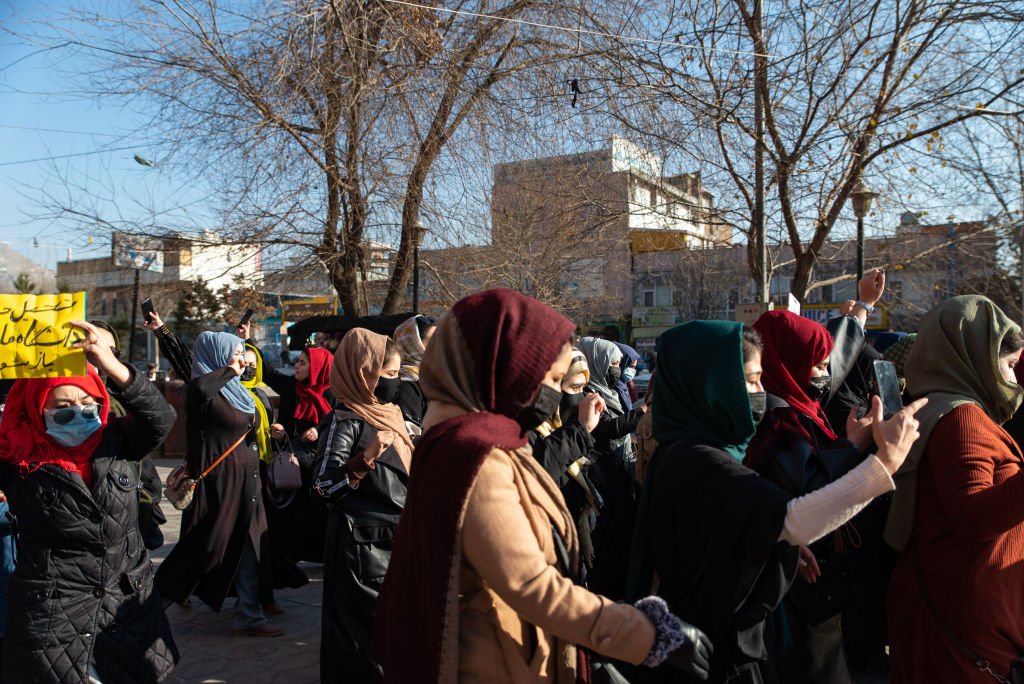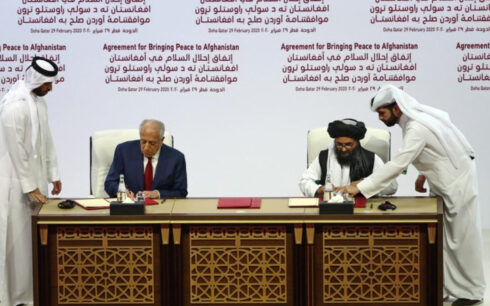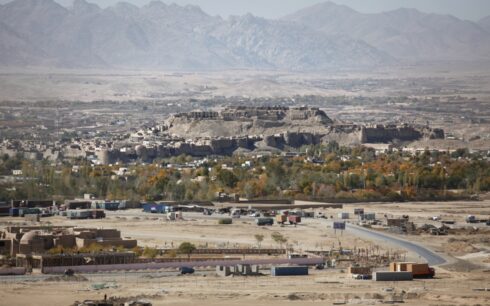KABUL, Afghanistan — Amnesty International has called on the Taliban to immediately revoke all restrictions on women’s rights, following recent comments by the Taliban’s Minister for the Promotion of Virtue and Prevention of Vice, who banned women praying loud enough for another woman to hear.
“This additional restriction comes as women and girls in Afghanistan are facing increasingly draconian attacks on their rights that affect all areas of their lives,” Amnesty International said in a statement. “As the country’s de facto authorities, the Taliban must immediately revoke all decrees and measures that violate the human rights of women and girls.”
Khalid Hanafi, the Taliban minister, recently announced that women are prohibited from reciting or praying aloud if other adult women are present. His statement follows a broader edict issued in August labeling women’s voices as “awrah,” or immodest, which restricts women from speaking, singing, or reciting publicly.
The decree, part of the Taliban’s expanded “Virtue and Vice” regulations, includes provisions giving officials the authority to detain and punish those who fail to comply. The law’s Article 13 mandates full body covering for women, stating that, “The entire body of a woman must be concealed; covering her face is essential to prevent temptation, and her voice (when singing, reciting, or reading aloud) is considered immodest.”
“As the country’s de facto authorities, the Taliban must immediately revoke all decrees and measures that violate the human rights of women and girls.”
Amnesty Internnational
The decree further prohibits men and women from looking at each other in public and mandates that women must cover their faces, voices, and bodies when leaving their homes. Taliban officials, or muhtasib, are tasked with enforcing the law and may stop and punish any woman found outside without observing these strictures.
The measures have faced widespread condemnation from both Afghan and international rights groups. Despite mounting criticism, Taliban officials have repeatedly emphasized their commitment to enforcing the new restrictions, maintaining that the regulations are consistent with their interpretation of Islamic law.





